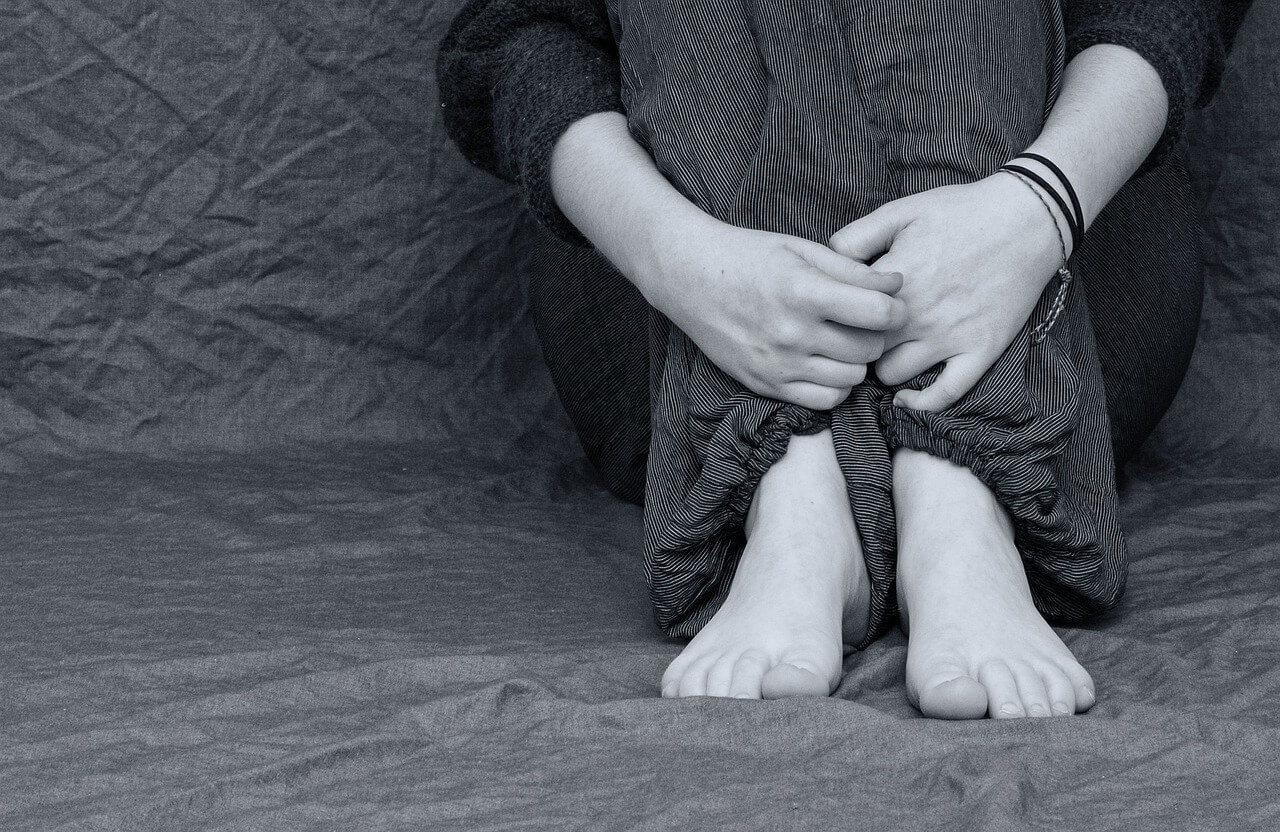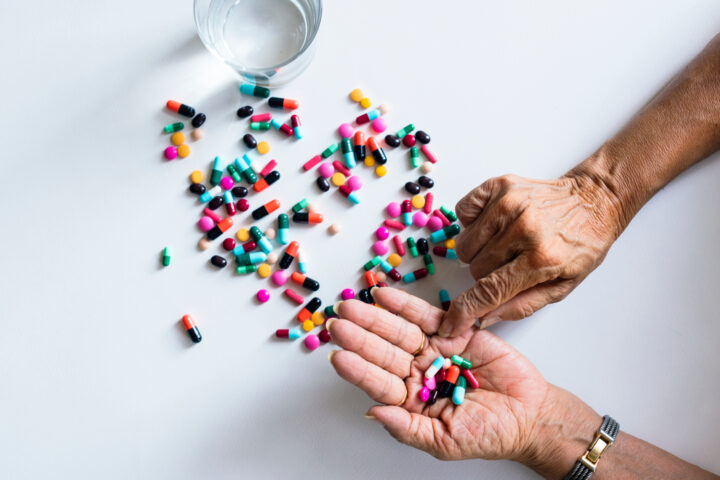You may have come across the belief that addiction is simply a matter of personal choice rather than a disease. This perspective, popularized by Gene M. Heyman and his work, challenges the traditional understanding of addiction as a medical condition. While it may seem counterintuitive, exploring this perspective can broaden our understanding of addiction and prompt important discussions. Let’s delve into this topic and examine an unusual case study that sheds light on the complexities of addiction.
Addiction is a Multifaceted Issue That Affects Individuals Differently
It is important to acknowledge that addiction is a complex and multifaceted issue that affects individuals in various ways. Heyman’s approach emphasizes the role of choice in addiction, arguing that personal decisions and individual circumstances play a significant role in the development and perpetuation of addictive behaviors. According to this perspective, addiction arises from a combination of genetic, environmental, and personal factors, and can be influenced by social and cultural influences as well.
Case Study: Sarah
To illustrate the complexities of addiction and the interplay of choice and disease, consider the case of Sarah, a South African woman who struggled with substance abuse for many years. Sarah initially experimented with drugs out of curiosity, making an active choice to engage in substance use. However, over time, her drug use escalated, leading to negative consequences in her personal and professional life. Despite experiencing adverse effects, Sarah found it increasingly difficult to control her drug intake. She felt trapped in a cycle of addiction, battling the conflict between her desire to quit and the overpowering cravings for drugs.
Sarah’s case highlights the intricate nature of addiction, where personal choice intersects with the physiological and psychological aspects of the condition. While she initially made the choice to use drugs, Sarah found herself grappling with the grip of addiction, struggling to break free from its hold. This example underscores the importance of recognizing addiction as a complex phenomenon that goes beyond a simple dichotomy of choice versus disease.
It is crucial to approach addiction with empathy and understanding, recognizing the individuality of each person’s struggle and the need for comprehensive support and treatment. South Africa, like many other countries, faces the challenges of addiction, and it is essential to provide accessible and effective resources for individuals seeking help.
Remember, the belief that addiction is solely a matter of choice rather than a disease is just one perspective among many. It is crucial to engage in open-minded discussions, drawing from various viewpoints and research findings, to gain a comprehensive understanding of addiction and improve addiction treatment and support services for individuals in need.
As Albert Einstein once said, “We cannot solve our problems with the same thinking we used when we created them.” By exploring different perspectives and challenging long-held assumptions, we can pave the way for new insights and innovative approaches to addiction treatment and recovery.
Understanding The Belief That Addiction Is A Choice, Not A Disease: A Step-by-Step Guide
- Explore different perspectives: Start by familiarizing yourself with various viewpoints on addiction, including the belief that addiction is a choice rather than a disease. Engage in open-minded discussions and research to gain a comprehensive understanding of the complexities surrounding addiction.
- Acknowledge the influence of personal choices: Recognize that personal choices play a role in addiction. Understand that individuals make initial decisions to engage in substance use or addictive behaviors. Consider how personal circumstances, such as stress, trauma, or social pressures, can impact these choices.
- Consider genetic and environmental factors: Explore the role of genetic predisposition and environmental influences in addiction. Genetic factors can contribute to vulnerabilities, while environmental factors such as upbringing, peer influence, and accessibility of substances can shape choices and behaviors.
- Reflect on the continuum of addiction: Understand that addiction exists on a continuum, ranging from occasional use to compulsive, out-of-control behavior. Recognize that personal choices can evolve into an addictive pattern over time, influenced by physiological and psychological factors.
- Examine the impact of social and cultural factors: Consider how social and cultural factors can influence choices and behaviors related to addiction. Societal norms, media influence, and cultural acceptance of substance use can shape perceptions and decisions regarding addiction.
- Emphasize personal responsibility: While acknowledging the influence of personal choices, recognize the complexities individuals face in overcoming addiction. Understand that addiction involves physiological changes in the brain, leading to compulsive behavior and diminished control over substance use.
- Foster empathy and support: Approach addiction with compassion and understanding. Offer support to individuals struggling with addiction, recognizing the challenges they face in making positive changes. Encourage open dialogue, reduce stigma, and promote access to effective treatment options.
- Seek professional guidance: If you or a loved one is struggling with addiction, consider seeking professional help. Consult addiction counselors, therapists, or treatment centers that can provide evidence-based therapies tailored to your specific needs.
- Engage in comprehensive treatment: Explore comprehensive addiction treatment options that address the physical, psychological, and social aspects of addiction. This may include individual counseling, group therapy, support programs, and holistic approaches that promote overall well-being.
- Embrace a multi-faceted approach: Recognize that addiction recovery is a complex and individualized journey. Combine elements of choice, self-reflection, disease model insights, and evidence-based treatment approaches to create a personalized recovery plan that works for you.
As you delve into the belief that addiction is a choice rather than a disease, it’s important to approach this topic with an open mind and empathy. Understanding the complexities of addiction can help you develop a more comprehensive perspective on the challenges individuals face in their recovery journeys. While personal choices and circumstances play a role in addiction, it’s crucial to remember that addiction is not solely a matter of choice.
In the South African context, where addiction affects many individuals and communities, it is essential to foster a compassionate and supportive environment. By embracing a holistic understanding of addiction, you can contribute to reducing stigma and encouraging those struggling with addiction to seek the help they need. Recognize the importance of evidence-based treatment options and the role of professional guidance in supporting individuals on their path to recovery.
As American psychologist William James once said, “The greatest discovery of any generation is that human beings can alter their lives by altering their attitudes of mind.” By embracing a compassionate perspective, empowering individuals with knowledge and support, and recognizing the importance of comprehensive addiction treatment, you can make a positive impact on the lives of those affected by addiction.
Remember, recovery is a journey that requires courage, resilience, and support. Whether you or someone you know is grappling with addiction, know that there is hope and assistance available. Reach out to professional resources, support networks, and treatment centers that can provide the guidance and tools needed for a successful recovery. Together, we can contribute to creating a society that understands and supports the challenges of addiction, fostering a path toward healing and growth.




